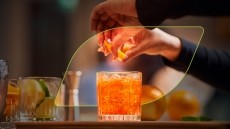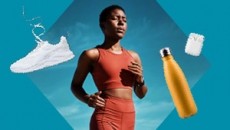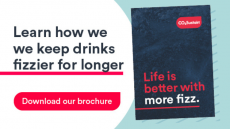Aspartame defence courts reaction
concludes criticisms of aspartame are 'unfounded' adds fuel to the
ongoing debate surrounding this popular sweetener used widely in
food and beverage applications.
Approved by the EU and US regulatory authorities, and available in more than 100 countries, the sweetener and flavour enhancer is found in a raft of products, from soft drinks and yoghurts to tabletop sweeteners and chewing gum.
But over the years, the product has been the subject of 'much sensationalist journalism, mostly on websites,' write professor Michael Lean and Catherine Hankey, both from Glasgow University, in the October issue of the BMJ.
"Evidence does not support links between aspartame and cancer, hair loss, depression, dementia, behavioural disturbances, or any of the other conditions appearing in websites," they write.
Aspartame's safety was convincing to the European Scientific Committee on Food in 1988, but proving negatives is difficult, and it is even harder to persuade vocal sectors of the public whose opinions are fuelled more by anecdote than by evidence, add the authors of the aspartame review.
The EU's 375 million consumers digest about 2000 tonnes annually of aspartame -launched onto the market in 1981 by biotech giant Monsanto, the manufacturer of NutraSweet. In 2000 Japanese firm Ajinomoto paid $67 million for the Monsanto sweetener business in Europe - NutraSweet located in Zug, Switzerland and Euro-Aspartame located at Gravelines in northern France.
Rapid responses provoked by the BMJ editorial include John P Briffa, a UK-based doctor, who writes: "The defence [that aspartame brings nothing new to the diet] is flawed in that it pre-supposes that naturally occurring food constituents can have no adverse effect on health.
While this notion may seem far-fetched to some, an example of it is known in the real world: two studies suggest that giving beta- carotene in supplement form may increase risk of lung cancer in smokers, although there appears to be no such association with dietary beta- carotene."
Aspartame, 200 times sweeter than sugar, stands next to other low calorie alternatives in a growing, but competitive, marketplace that includes acesulfame potassium, for which the key European supplier is Nutrinova, and sucralose, currently boosting the bottom line for UK firm Tate & Lyle.
Price could be a competitive advantage. Aspartame currently trades at about $30 a kilo, considerably cheaper than sucralose that comes in at about $300 a kilo, 600 times sweeter than sugar.
A new report from market analysts Freedonia predicts the market holds considerable potential - growing 8.3 per cent year on year until 2008 - as rising health concerns drive consumers towards sugar-free products and food makers introduce zero-calorie or low-calorie sugar substitutes into their new product formulations.
Sales in the US alone are slated to rise from a small base of $81 million in 1998 to $189 million in 2008, the report foresees.














